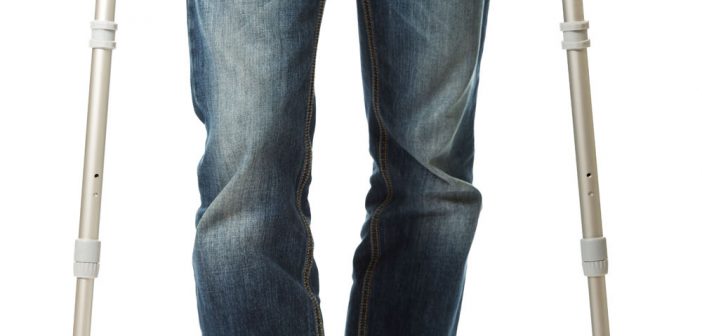Is your website ADA compliant and up to the latest standards? Here’s what you need to know to be shielded from liability.
by RAJ PATEL
People with disabilities can challenge all barriers in a hotel – even if they have never personally encountered the obstacles. Some state laws allow plaintiffs to recover litigation costs, attorney fees and cash for damages on top of any expenses incurred in correcting any Americans with Disabilities Act (ADA) violations. This creates a perfect storm for serial plaintiffs and their lawyers to survive off of the settlements from ADA lawsuits. It is a hotel’s responsibility to follow ADA compliance laws at their property and ensure that all online content accurately reflects their services and offerings to people seeking disability access without any hindrance or discrimination.
Your digital real estate
Your online content must clearly display what ADA features you offer at your hotel. Additionally, your reservation system and electronic media and mobile applications need to be compliant.
Is your property accessible?
Most hoteliers understand that they are responsible for and have complied with ADA regulations regarding their physical property like accessible parking, swimming pool lifts, ramps and more. However, you must also include braille signage, pathway accessibility and A/V equipment for vision and hearing-impaired guests. Additionally, you must meet the stringent federal guidelines regarding the correct in-room equipment, placement of fixtures and dimensions that provide accessibility. You will also need to modify policies, practices and procedures to allow the use of a service animal by individuals with disabilities. Even if your property is not pet friendly, you should clearly explain that your guest rooms allow service animals.
ADA Title III Compliance – five Points
You cannot discriminate against anyone in their ability to search for and book a room type with accessibility features online. Third-party reservations services including your website provider and digital marketing agent are not liable for non-compliance with these rules. As the owner and operator of a place of lodging, you are responsible for ensuring that reservations made through third-party services and OTAs comply.
Requirements under 2010 ADA Title III entail these five points:
(i) Modify policies, practices or procedures to ensure that individuals with disabilities can make reservations for accessible guest rooms during the same hours and in the same manner as people who do not need accessible rooms;
(ii) Identify and describe accessible features and guest rooms offered through your reservations system in enough detail to reasonably permit individuals with disabilities to assess independently whether a given place of lodging or guest room meets his/her accessibility needs;
(iii) Ensure that accessible guest rooms are held for use by individuals with disabilities until all other guest rooms of that type have been rented and the accessible room requested is the only remaining room of that type;
(iv) Reserve, upon request, accessible guest rooms or specific types of guest rooms and ensure that the requested guest rooms are blocked and removed from all reservations systems;
(v) Guarantee that the specific accessible guest room reserved through your reservations system is held for the reserving guest, regardless of whether a specific room is held in response to reservations made by others.
Website accessibility
Website Content Accessibility Guidelines (WCAG) 2.O refer to your website design and content. Your hotel website should:
- Provide text alternatives for any non-text content
- Provide alternatives for time-based media
- Include content that can be presented in different ways without losing information or structure
- Be easy to see and hear, including separating foreground from background
- Permit all functionality from a keyboard if needed (as opposed to a cursor)
- Permit sufficient time to read and use content
- Not be designed in a way that is known to cause seizures
- Include ways to help users navigate, find content and determine where they are
- Include text content that is readable and understandable
- Operate and appear in predictable ways
- Help users avoid and correct mistakes
- Be compatible with current and future user agents, including assistive web technologies
Things you can do now to protect yourself
- Retain an attorney who is experienced in ADA compliance and defense if you ever face a claim for non-compliance.
- Contact a reputable company to review your website’s ADA Title III and web accessibility compliance. One such company, INNsight, has developed tools to display the ADA features and services offered on your hotel website and reflect any future changes in regulations.
- Ensure your staff is properly trained to answer ADA questions, and handle any situation with facts, tact and compassion. Have an onsite ADA compliance review, discuss a Certified Access Specialist Program (CASp).
- Become a member of AAHOA and your local state lodging association. Lodging associations are a fantastic resource and protect the interests and rights of hoteliers. They offer members affordable programs, access to vendors, legal counsel and more. ■
Raj Patel is the founder and CEO of INNsight.com, a San Francisco-based hotel internet marketing and technology company, www.INNsight.com/ADA.
PhotoMediaGroup/Shutterstock.com




